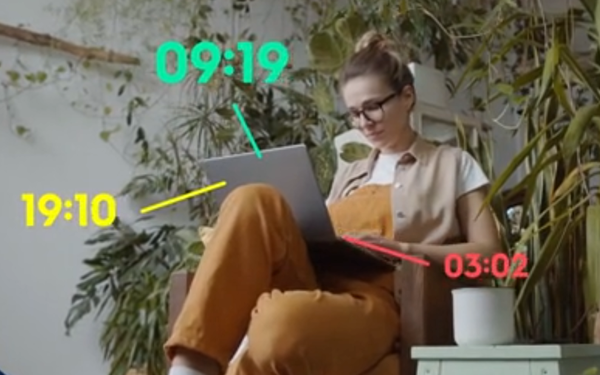
Google gained support from an unlikely partner on Wednesday as
Criteo announced a partnership with Google Search Ads 360 (SA360), the company’s enterprise search advertising platform.
The deal makes Criteo the first third-party vendor to integrate
with Google for onsite retail media supply. Previously, Google’s own Performance Max or Google Shopping Ads had been the only retail media or sponsored product extension for SA360.
The
integration initially becomes available through a limited beta to select customers in the Americas through SA360, with plans to expand globally and into additional Google Marketing Platform
tools, according to Sherry Smith, president of retail media at Criteo.
Google search advertisers will have the option to place sponsored product listings across Criteo’s supply network
of retail media, which consists of more than 200 retailers and ecommerce merchants.
advertisement
advertisement
For brands, the partnership will become an easy way to expand their search campaigns on Google Search
directly to retail sites, allowing them to connect traditional search to retail media.
It also enables advertisers to access closed-loop measurement across Criteo's network of retailers
directly through the SA360 integration workflow, providing visibility into how retail media spending drives actual outcomes.
The opportunity represents a massive global pool of
advertising demand for Criteo, as well as opportunities for Google, because it is built primarily for traditional search placements.
The industry may see more of these types of unusual
partnerships. This one may not be as surprising, given recent changes to the way Google needs to conduct business based on monopolistic search remedies released by U.S. District Court Judge Amit P.
Mehta on September 2, 2025.
The ruling ordered Google to share search data with rivals and stop using exclusive contracts to promote its search engine but did not force the company to
break up.
Even before the trial, Criteo executives had expressed mixed reactions to Google's projects such as Privacy Sandbox, in public comments after running tests and finding ways to
improve it, as well as in private. Some have been outspoken with regards to potential remedies resulting from Google's monopoly trial.
Overall public comments across the internet and on social
media expressed positive feelings about the remedies, while others were disappointed and hoped for stronger action take against Google.
Criteo told MediaPost partnership negotiations had
been "in the works for several months and was not correlated to any recent news cycle."
Still, these two companies forming a relationship is a bit unusual--more so for Google than for
Criteo. Google execs do not create these types of partnerships without having good reasons.
Especially because the partnership gives retailers continued leverage across
Criteo’s platform for control and relevancy, and guardrails have been put in place by Criteo to prevent ad saturation or cannibalization of organic product discovery.
All retailers must
be opted in to Criteo’s third-party API demand program, meaning that they maintain the flexibility to customize product discovery on their owned digital properties, Smith explained.
Integration will evolve during the next 12 to 18 months, and plans have been made to expand globally and into additional Google Marketing Platform tools.